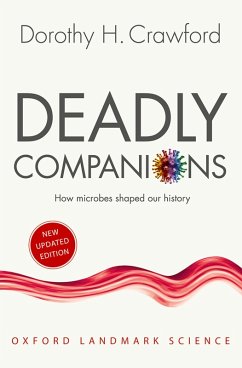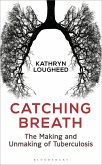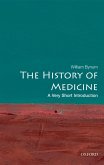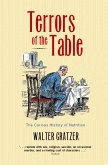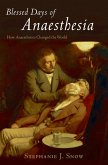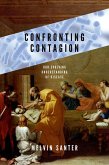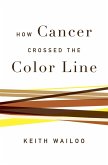Ever since we started huddling together in communities, the story of human history has been inextricably entwined with the story of microbes. They have evolved and spread amongst us, shaping our culture through infection, disease, and pandemic. At the same time, our changing human culture has itself influenced the evolutionary path of microbes. Dorothy H. Crawford here shows that one cannot be truly understood without the other. Beginning with a dramatic account of the SARS pandemic at the start of the 21st century, she takes us back in time to follow the interlinked history of microbes and man, taking an up-to-date look at ancient plagues and epidemics, and identifying key changes in the way humans have lived - such as our move from hunter-gatherer to farmer to city-dweller -- which made us vulnerable to microbe attack. Showing how we live our lives today -- with increasing crowding and air travel -- puts us once again at risk, Crawford asks whether we might ever conquer microbes completely, or whether we need to take a more microbe-centric view of the world. Among the possible answers, one thing becomes clear: that for generations to come, our deadly companions will continue to shape human history. Oxford Landmark Science books are 'must-read' classics of modern science writing which have crystallized big ideas, and shaped the way we think.
Dieser Download kann aus rechtlichen Gründen nur mit Rechnungsadresse in A, B, BG, CY, CZ, D, DK, EW, E, FIN, F, GR, HR, H, IRL, I, LT, L, LR, M, NL, PL, P, R, S, SLO, SK ausgeliefert werden.

